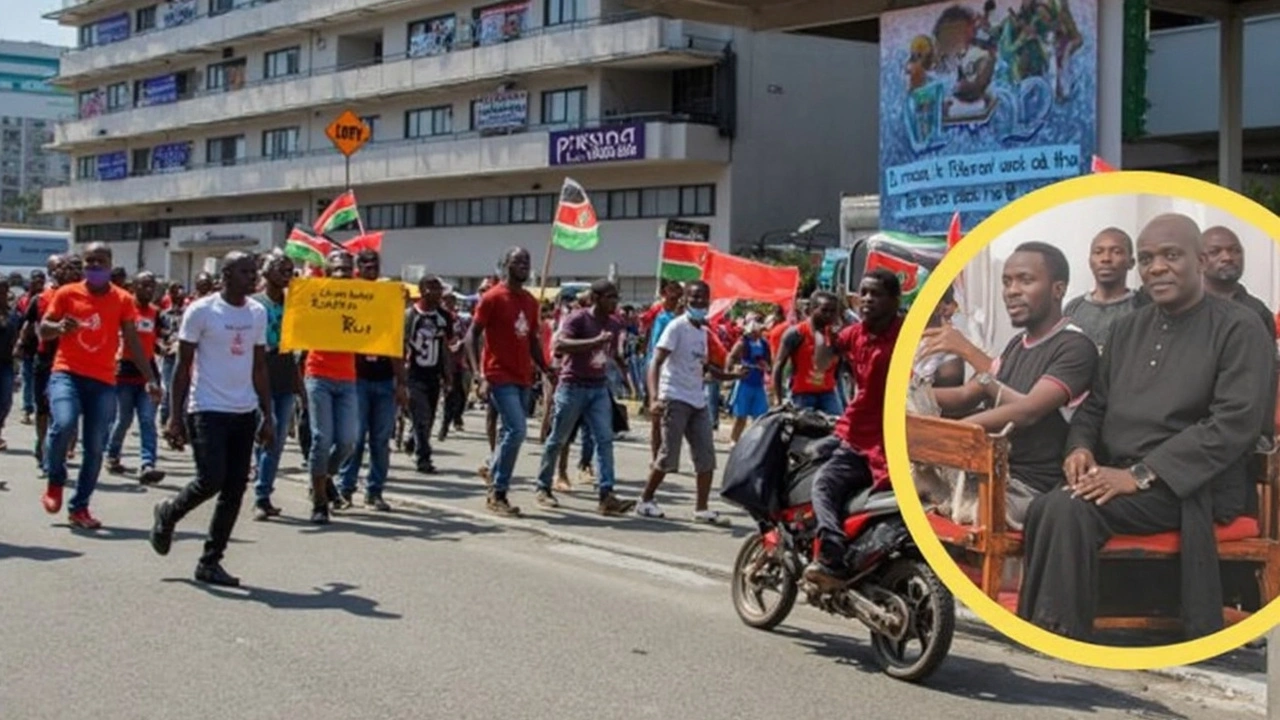Gen Z Protests: Understanding the New Wave of Youth Activism
If you’ve noticed tons of young people taking to the streets or making noise online, you’re not imagining things. Gen Z protests have been popping up all over, making real waves in society. This generation — roughly those born between the mid-1990s and early 2010s — is stepping up with a fresh energy and a different way of pushing for change.
Why Gen Z Is Protesting More
So, what’s behind this spike in youth protests? For starters, Gen Z grew up with the internet at their fingertips, which means they share information quickly and organize in ways that older generations never could. Plus, these young people are facing their own set of challenges like climate change, social inequality, and political instability. It’s not just about shouting slogans; it’s about making sure their future looks better and fairer.
Climate change is a huge motivator. Just look at the rise of global climate strikes led by students. They want governments and companies to stop dragging their feet on environmental policies. On top of that, issues like racial justice, LGBTQ+ rights, and affordable education are front and center in their demands.
What Sets Gen Z Protests Apart?
Unlike some previous movements, Gen Z activism often blends online and offline actions. Social media isn’t just for sharing memes; it’s a tool for mobilizing protests, raising funds, and spreading awareness within seconds. This mix gives their message a powerful reach and lets them respond instantly to events worldwide.
Additionally, this generation tends to focus on intersectionality — the idea that people experience discrimination in overlapping ways. So their protests usually highlight multiple issues together, like how racial and economic inequalities intersect.
But it’s not just about activism style. The passion and persistence of Gen Z protesters show they’re here for the long haul. They’re demanding real change, not just symbolic gestures.
Want to keep up with Gen Z protests? Watching local news, following key activists on social media, or joining community events can give you a clear idea of how this youthful energy is reshaping the future. Their drive reminds us that protest is a powerful way to speak up — especially when the future feels uncertain.

